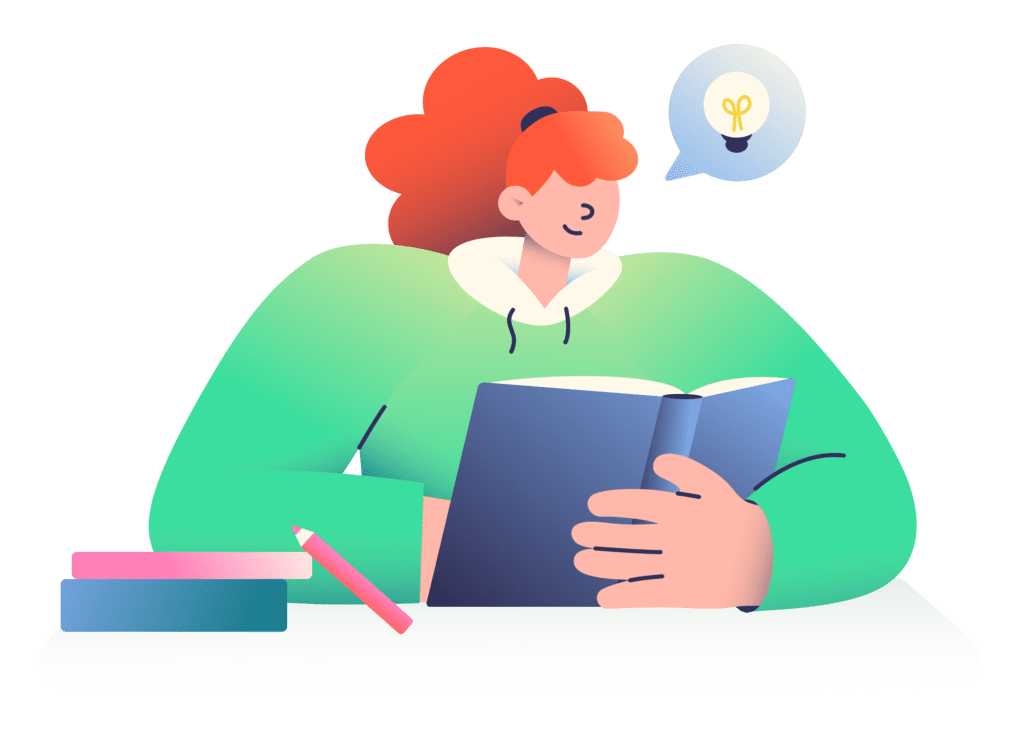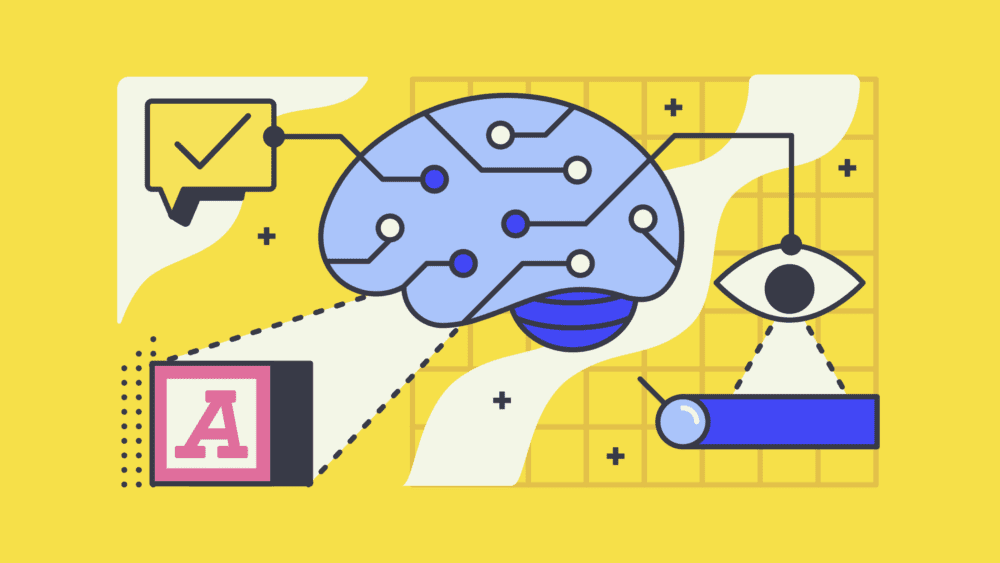Traditional forms of therapy often focus on introspection and verbal communication, and the integration of learning new skills in therapy has emerged as a powerful method for fostering personal growth and resilience.
Learning new skills within the therapeutic context transcends the conventional boundaries of talk therapy, offering tangible avenues for individuals to navigate their emotions, develop coping mechanisms, and cultivate a deeper sense of self-awareness. Whether it’s mastering an artistic craft, engaging in physical activities, or acquiring practical life skills, the process of learning fosters neuroplasticity, reshaping the brain’s neural pathways and facilitating positive behavioural changes.
Experiential Learning
One of the fundamental principles underlying the integration of skill-building into therapy is the notion of experiential learning. By actively engaging in new experiences and activities, individuals are empowered to confront challenges, overcome obstacles, and develop a heightened sense of competence and confidence. This hands-on approach not only enhances self-efficacy but also enables individuals to reframe their perceptions of failure, viewing setbacks as opportunities for growth rather than insurmountable barriers.
Art Therapy
Art therapy stands as a poignant example of how creative expression can serve as a catalyst for emotional healing and self-expression. Through mediums such as painting, sculpting, and collage-making, individuals can externalize their innermost thoughts and feelings, transcending linguistic limitations and tapping into the subconscious realm. The act of creating art not only provides a therapeutic outlet for processing trauma and unresolved emotions but also fosters a profound sense of empowerment and agency.
Movement-Based Therapies
Similarly, incorporating physical activities and movement-based therapies into therapeutic practices offers a holistic approach to healing the mind, body, and spirit. Whether through yoga, dance therapy, or outdoor adventure programs, physical movement is a potent conduit for releasing pent-up tension, reducing stress, and promoting emotional well-being. Furthermore, the collaborative nature of group activities fosters a sense of camaraderie and belonging, reinforcing the notion that healing is a collective journey.
What can people learn in Therapy?
Beyond the realms of artistic expression and physical movement, learning practical life skills within the therapeutic context equips individuals with the tools and resources necessary for navigating the complexities of daily life. From financial literacy and time management to interpersonal communication and conflict resolution, acquiring these skills empowers individuals to foster greater autonomy and resilience in the face of adversity.
Moreover, the process of learning new skills in therapy fosters a sense of purpose and meaning, reigniting the spark of curiosity and passion within individuals’ lives. By embracing a growth-oriented mindset and embracing lifelong learning, individuals can embark on a transformative journey of self-discovery and personal evolution.

- Artistic Expression:
- Painting
- Drawing
- Sculpting
- Collage-making
- Pottery
- Physical Activities:
- Yoga
- Dance therapy
- Martial arts
- Outdoor adventure activities (hiking, rock climbing, etc.)
- Sports (e.g., basketball, swimming)
- Life Skills:
- Financial literacy (budgeting, saving, investing)
- Time management
- Organization skills
- Cooking and nutrition
- Home maintenance and repair
- Interpersonal Skills:
- Communication skills
- Assertiveness training
- Conflict resolution
- Empathy-building exercises
- Active listening techniques
- Cognitive Skills:
- Mindfulness meditation
- Cognitive restructuring (identifying and challenging negative thought patterns)
- Stress management techniques
- Problem-solving skills
- Memory enhancement strategies
- Creative Writing:
- Journaling
- Poetry writing
- Narrative therapy exercises
- Storytelling
- Therapeutic writing prompts
- Mind-Body Practices:
- Meditation
- Breathing exercises
- Progressive muscle relaxation
- Guided imagery
- Biofeedback training
- Self-Care Practices:
- Developing a self-care routine
- Practicing self-compassion
- Establishing healthy boundaries
- Identifying and nurturing personal strengths
- Exploring hobbies and leisure activities
Conclusion
In conclusion, the integration of skill-building into therapy represents a paradigm shift in the field of mental health, offering a dynamic and multifaceted approach to healing and self-actualization. By harnessing the therapeutic power of learning, individuals can embark on a journey of empowerment, resilience, and holistic well-being, ultimately unlocking their full potential and embracing life with newfound vitality and purpose.
Ready to begin? Start your online therapy journey today. Book your first session now.




